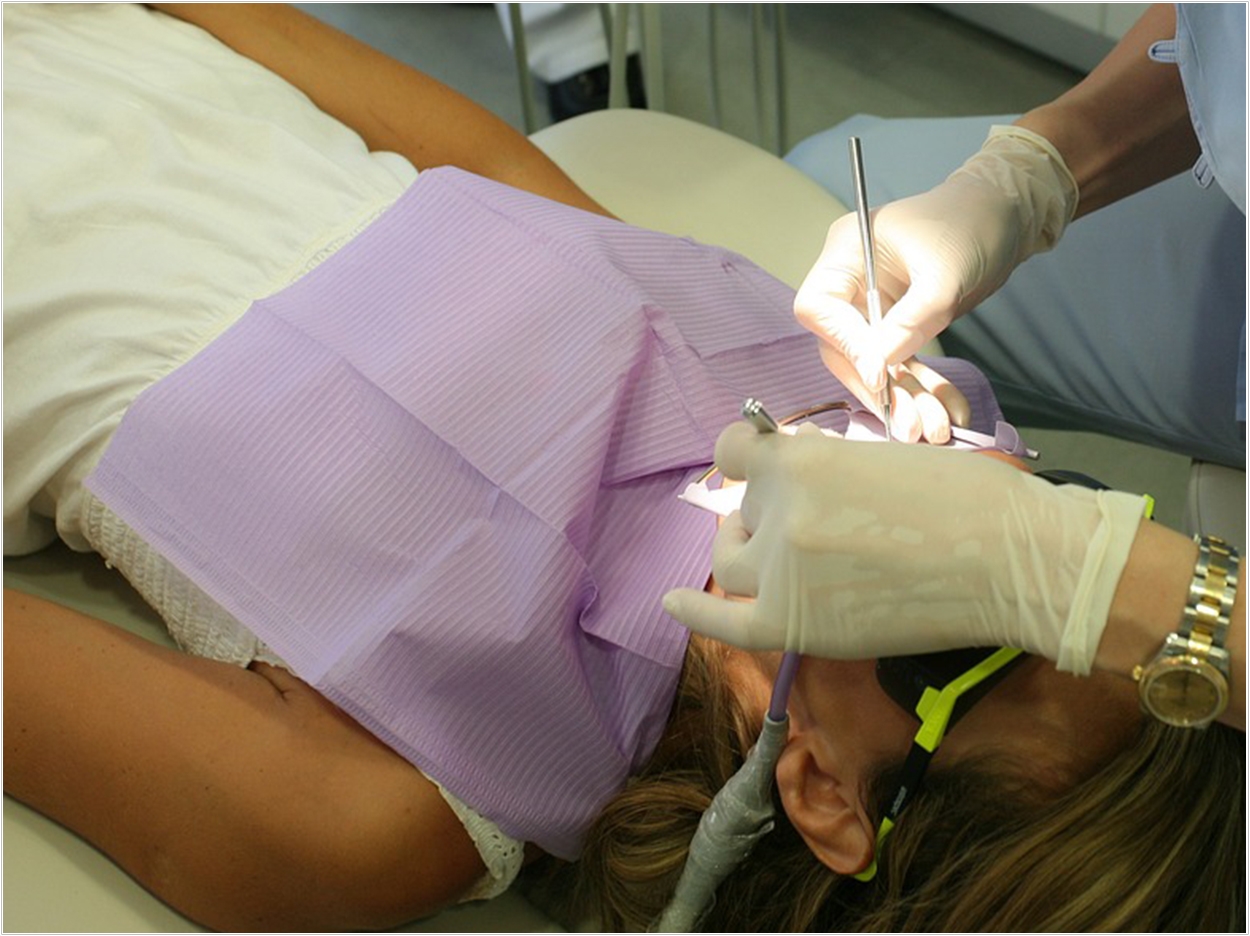
The Occupational Safety and Health Administration (OSHA) is offering guidance for dental workers and employees as practices begin reopening and offering non-emergency and elective treatment across the country. This guidance supplements OSHA’s general interim guidance for workers and employers at increased risk of occupational exposure to SARS-CoV-2.
On March 16, the ADA called for dentists to keep their offices closed to all but urgent and emergency procedures. Unless emergency dental procedures absolutely cannot be delayed, OSHA further recommended that emergency dental procedures be performed on patients with suspected or confirmed COVID-19 only if appropriate precautions, including personal protective equipment (PPE), are available and used.
OSHA also advised dental practices to remain alert of changing outbreak conditions, including as they relate to community spread of the virus and testing availability, and implement infection prevention measures accordingly. As states and regions satisfy the criteria in the Opening Up America Again plan, OSHA said, employers likely will be able to adapt this guidance to better suit evolving risk levels and necessary control measures in their workplaces.
Employers should assess the hazards to which their workers may be exposed, evaluate the risk of exposure, and select, implement, and ensure workers use controls to prevent exposure, OSHA said. OSHA also categorized dental procedures based on exposure risk levels in its occupational exposure risk pyramid.
OSHA’s updated guidance also includes recommendations for engineering controls, administrative controls, safe work practices, PPE, and cleaning and disinfection. It notes that dental employers are responsible for following applicable OSHA requirements, including its Bloodborne Pathogens, Personal Protective Equipment, and Respiratory Protection standards.
As guidance from federal, state, local, tribal, and/or territorial public health agencies and professional organizations including the ADA changes, OSHA said, dental practices should consider appropriate modifications to patient procedures.
Despite the lifted restrictions in many states, practices only should see patients who need urgent and emergency procedures during the pandemic, OSHA said. Consistent with Centers for Disease Control and Prevention recommendations, OSHA said, all elective dental procedures should be postponed. Such limitations will help control dental workers’ possible exposure to sick patients, OSHA said.
Related Articles
PPE Use May Cause Serious Skin Injuries
ADHA Releases Guidance for Returning to Work
EPA and CDC Update Cleaning and Disinfection Guidance












